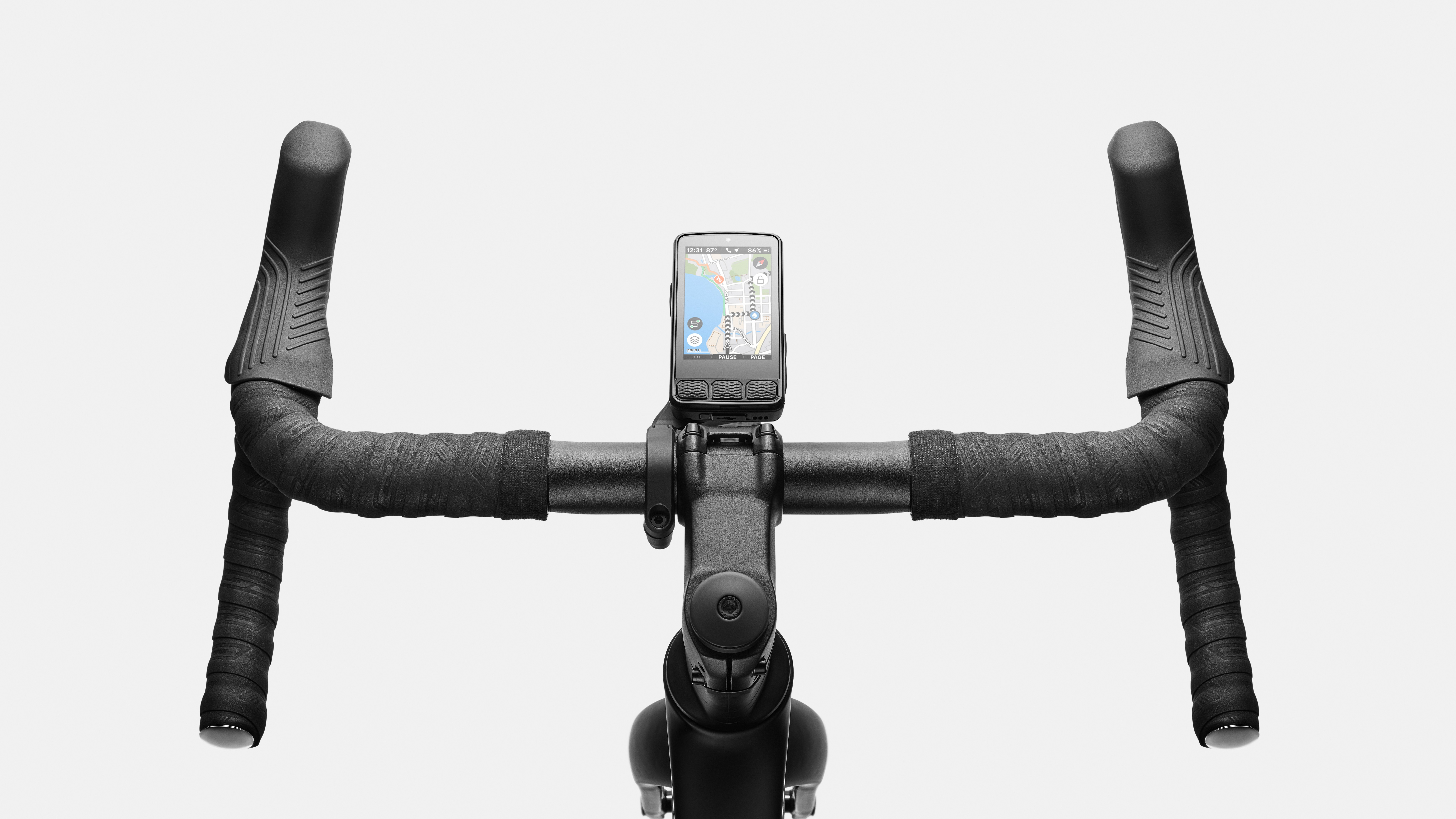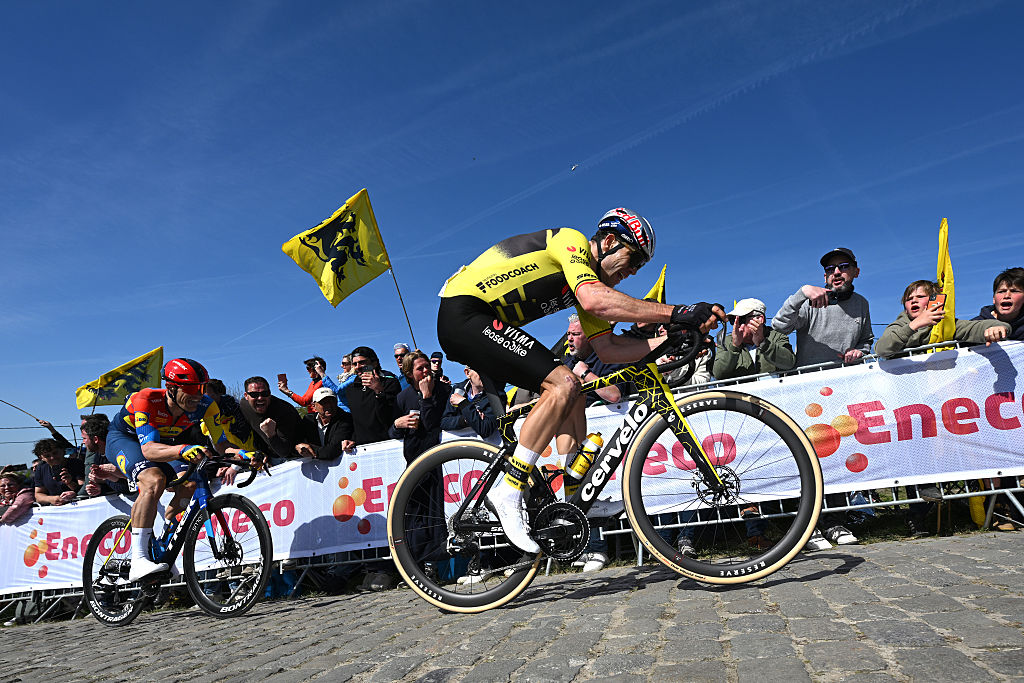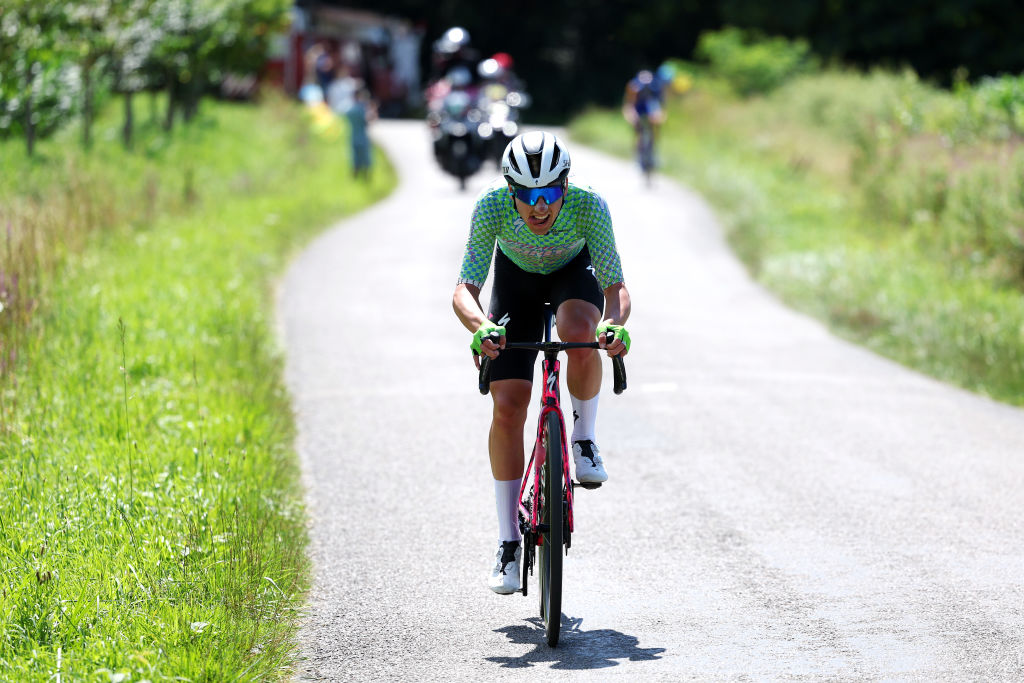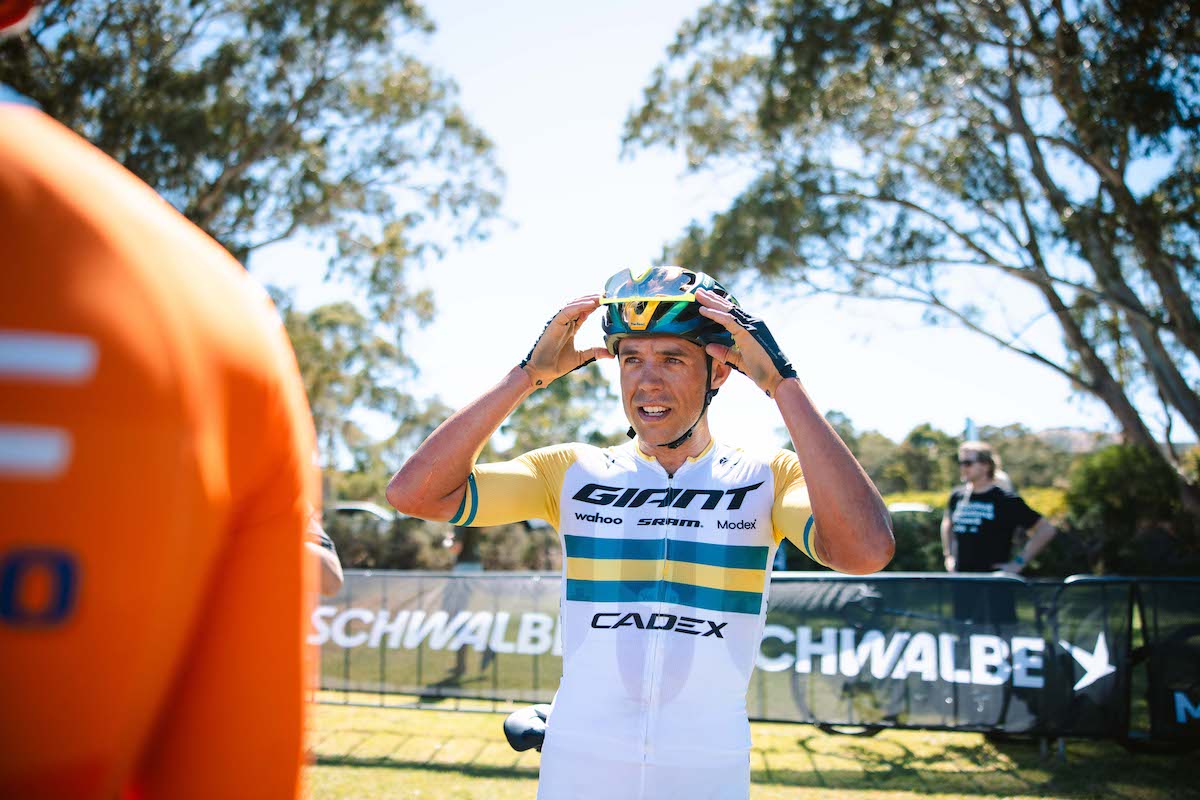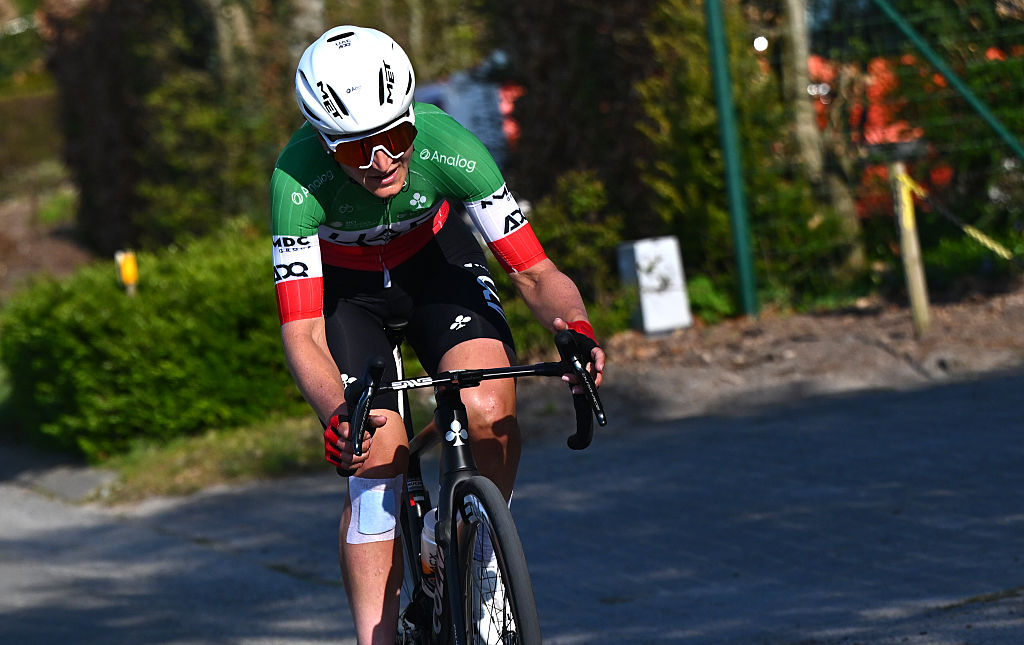Astana extends internal testing programme
Kazakhstani team to work with Turin lab


The Astana team revealed that it will combine its internal anti-doping programme with the data of its riders' UCI biological passport to help create more detailed blood and hormonal profiles of its riders.
Astana is managed by Marco Pantani's former directeur sportif Giuseppe Martinelli, with former Lampre doctor Andrea Andreazzoli now responsible for the health of the Astana riders.
According to Gazzetta dello Sport, Astana will work with Dr. Paolo Borrione and the Orbassano anti-doping laboratory in the Piedmont region of Italy. Borrione is a member of the Italian Olympic Committee's anti-doping commission and an independent WADA observer. He was responsible for the anti-doping control at the 2006 winter Olympics in Turin.
"We chose the Centro di Orbassano because Borrione is a person that can be trusted and because we wanted to use the same machines and the same procedures applied by the biological passport, that way the date will be homogeneous and can be integrated," Andreazzoli said.
"We won't only be doing blood tests, we'll do hormonal tests too. The idea is to protect the riders' health and improve their performance. Between our tests and the UCI tests, the riders were controlled on average every three days during the last Giro [d'Italia]."
The Astana team has been embroiled in several doping scandals in the past, with new manager Alexandre Vinokourov failing a blood test during the 2007 Tour de France. He worked with Dr. Michele Ferrari for many years before retiring after winning gold in the men's road race at the 2012 London Olympics. Vinokourov and several other Astana riders are implicated in the Padua police investigation that helped USADA reveal damning evidence about Lance Armstrong and his links to Dr. Ferrari.
Vincenzo Nibali is the new Astana team leader for 2013 after joining the team from Liquigas-Cannondale.
Get The Leadout Newsletter
The latest race content, interviews, features, reviews and expert buying guides, direct to your inbox!
Gazzetta reported that the surprise tests are used by the team doctors as a way of preventing a possible doping problem but also to have more data available if a rider's passport data is questioned.
"We haven't had problems or notifications from the UCI in the last few years," Andreazzoli said.

Stephen is one of the most experienced member of the Cyclingnews team, having reported on professional cycling since 1994. He has been Head of News at Cyclingnews since 2022, before which he held the position of European editor since 2012 and previously worked for Reuters, Shift Active Media, and CyclingWeekly, among other publications.




